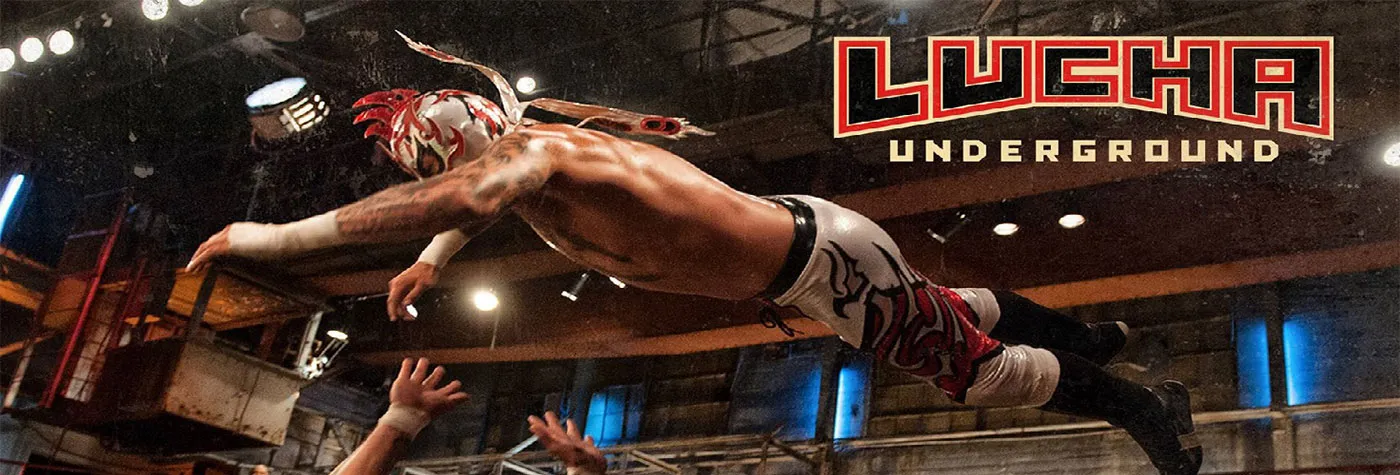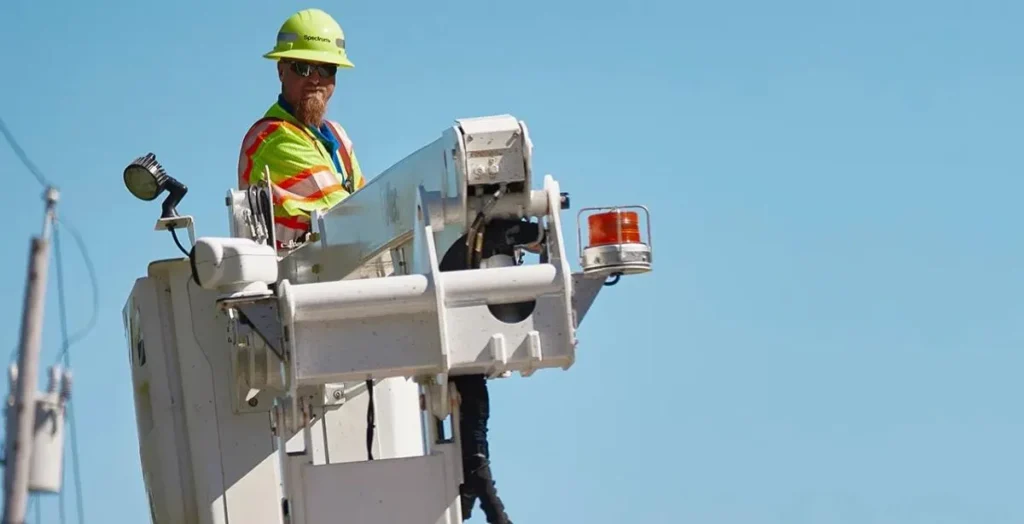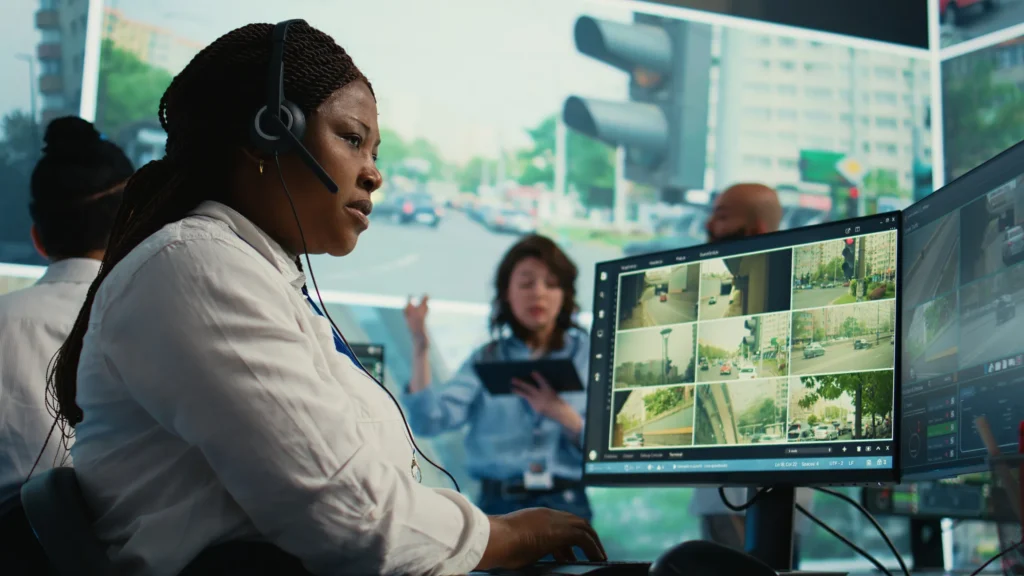Have you ever seen Lucha Underground? At a quick glance, you might mistake it for the WWE, but if you take a closer look you’ll come to realize the show stands for a lot more than just wrestling—it’s a mix of cultures, passionate personalities, multiple storylines complete with a bilingual fan base. Taking after the “lucha libre” wrestling style of Mexico while also combining elements of America pro wrestling, the show very much sums up what the mantra of its network, El Rey, is all about.
Born three years ago and founded by filmmaker Robert Rodriguez, El Rey reaches over 40 million households nationwide, with a “majority minority” making up the viewership, as explained by the network’s director of corporate development, Theresa Wyatt. El Rey, in creating diversity among casting, scripting and film crews, has very much stayed true to its vision, which was to create a network that would embrace the hybrid population that makes up today’s TV viewership. The results of that vision are reflected in the diverse faces and voices that make up the audience in the stands of the Lucha Underground set in Los Angeles.
“We’ve led by example,” said Wyatt, referring to El Rey’s role in the television world. The network’s commitment to diversity is reflected beyond the programming you see on the screen to the network’s behind-the-scenes employment, retention and recruitment strategies, and community outreach.
In its short time as a network, El Rey has already launched several initiatives to help diversify the television industry. Last year, the network created the Diversity Council, made up of top Latino advocacy organizations in the U.S., to expand the conversation about how the media and entertainment landscape can better reflect the demographics across the country. “It made sense after we were given the television network that all of us in media should stick together and formulize ourselves as a council to make change together,” said Wyatt. “We need that unified voice when talking to the industry.”
The next step in the works for the Diversity Council is the publication of an industry report that will give consumers, industry leaders, brands, studios and agencies a comprehensive picture of the state of diversity in television production, distribution and representation. The goal behind the study is to provide examples of successful diversity programs, transformative institution-wide changes, and recommendations for implementing a diversity plan. “Companies need to keep up with the times, and tweak their models to ensure they are creating different kinds of opportunities for people. That’s how El Rey is able to innovate in this space. We evolve and change as we go,” said Wyatt.
El Rey also places a large emphasis on discovering the next generation of creative talent. Last year the network partnered with the National Organization of Latino Independent Producers to put on the Latino Lens Filmmakers Showcase, where works from aspiring filmmakers were featured on-air throughout an entire month. Also referred to as the “People’s Network,” El Rey has a call for film submissions on its website to encourage aspiring talent to send in their work through the network’s vetting process. “Part of Robert’s thinking was that if you can eliminate the barriers that keep you from your audience, then you can democratize a platform. That’s the way you discover talent,” said Wyatt. Rodriguez is known for having risen from zero advantages. He got his start after one of his films was noticed at a Sundance Festival, and since then, he’s worked to find ways to give others the same kind of opportunity he was afforded.
And just as Lucha Underground takes a Latin American tradition and turns it into an all-inclusive, cross-cultural phenomenon, El Rey takes that blend of cultures that you see across the U.S. and not only puts it on the screen and behind-the-scenes, but also leaves the door open for the aspiring minority filmmakers who often get left out of Hollywood. “It’s important for all people to have role models. To show someone, ‘yes you can do that,’ and for them to know we [El Rey] have opportunities for them,” said Wyatt. “People need to feel like they can really make it.”
This blog also appeared in CTAM Smartbrief. To sign up, click here.









